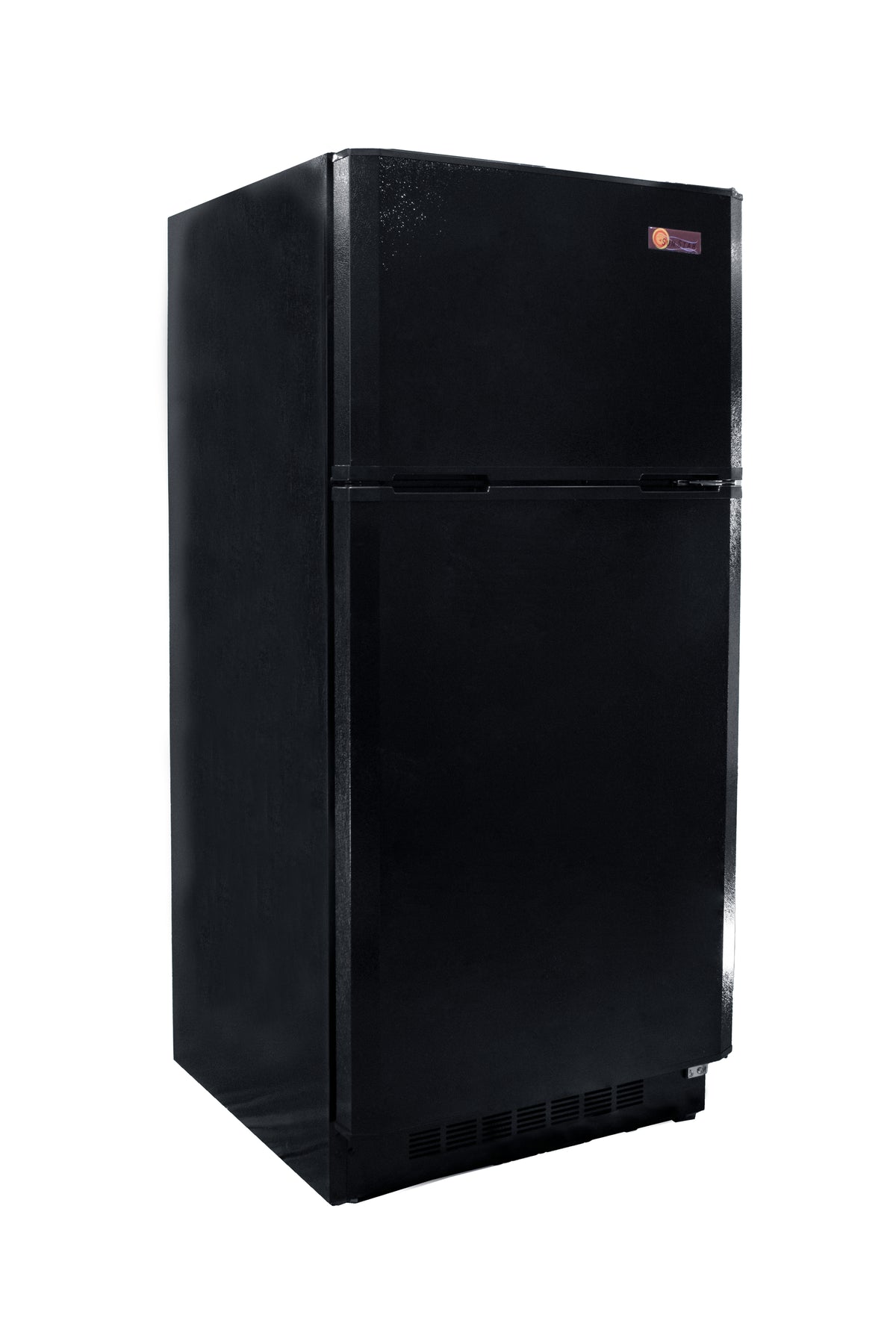HalfBaked
Ever the student
I use my 120v coffee maker as a pour over all the time. Boil water with propane stove.
Even on 120v I will let the coffee maker fill the pouch. Let it steep 5 or 10 mins and turn the power back on. Guy on YouTube mentioned that trick for more flavorful coffee.
You are sorta describing a French press, which makes the best coffee. Even cheap coffee tastes best from one.
You can also take your coffee game up a notch and roast your own on the stove using a popcorn popper with a crank handle. It's the best coffee you can make, takes 10 minutes, and is cheaper than Folgers.
A light roast has a lot more caffeine as well. You will only need 1 cup/day.




